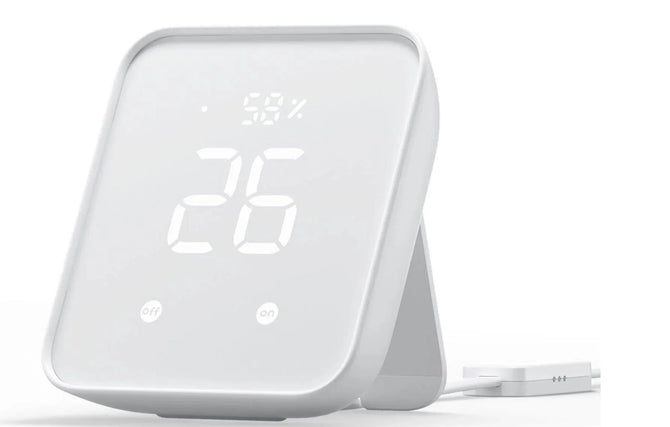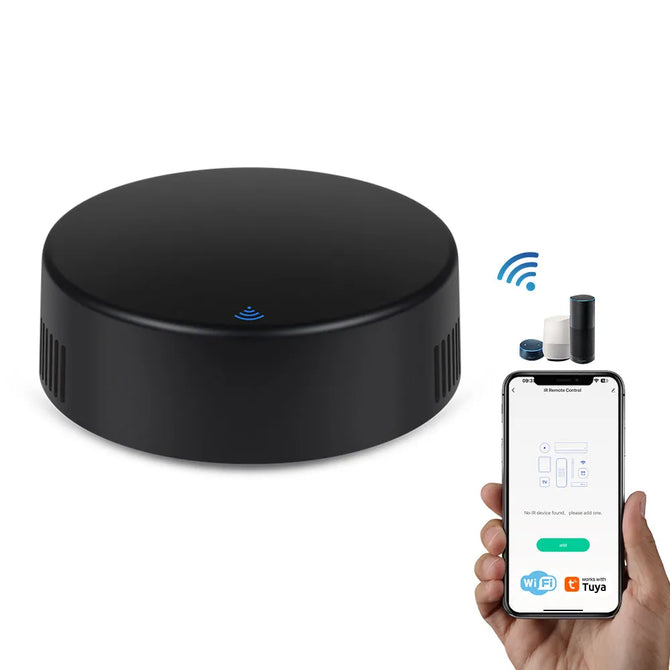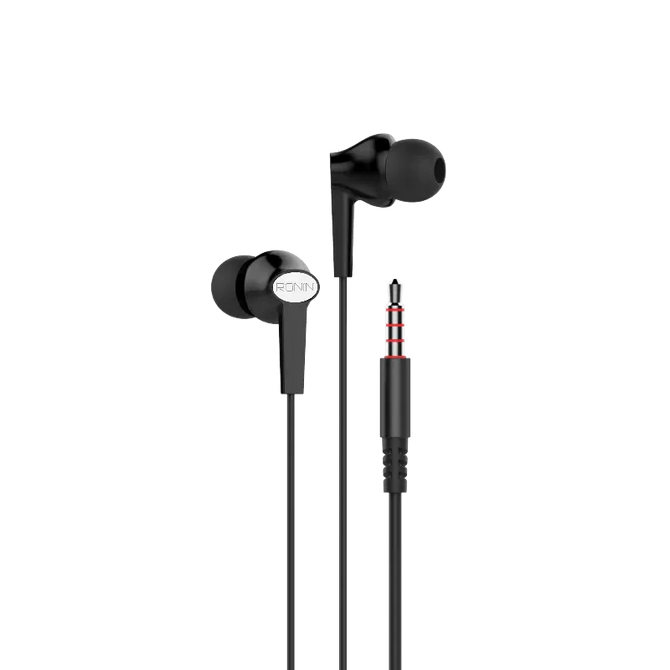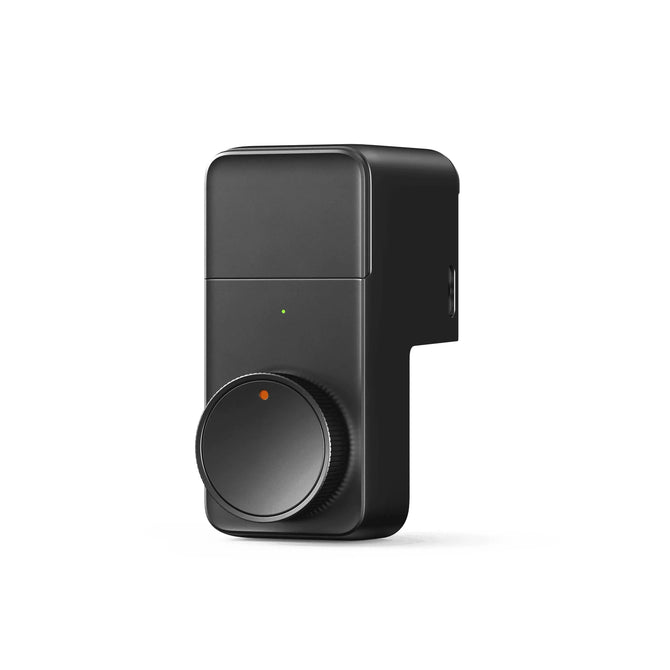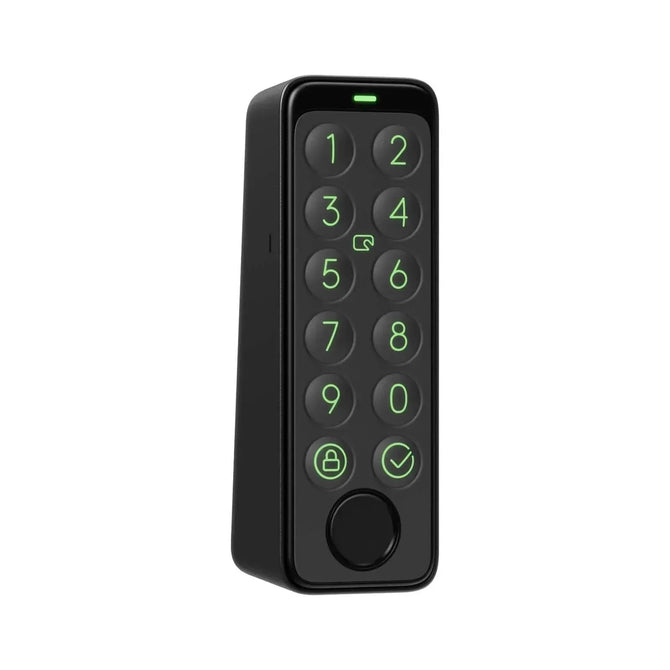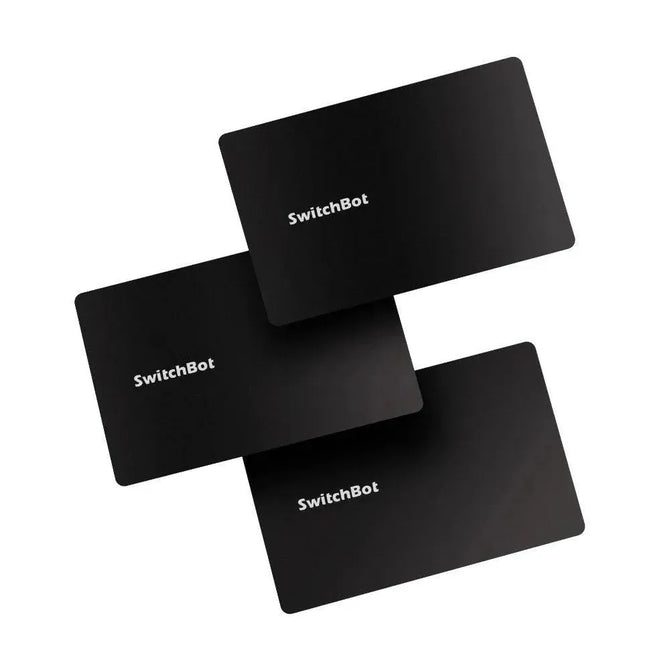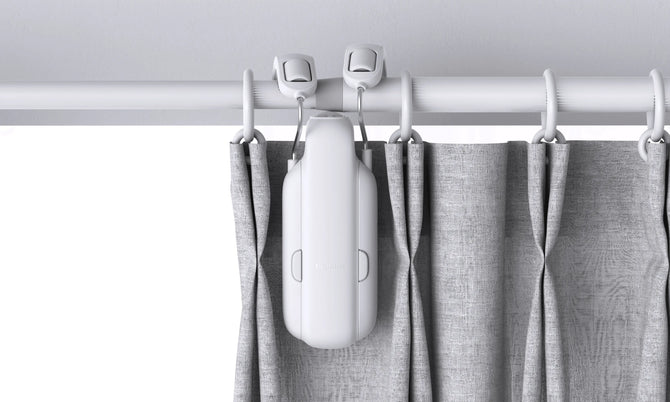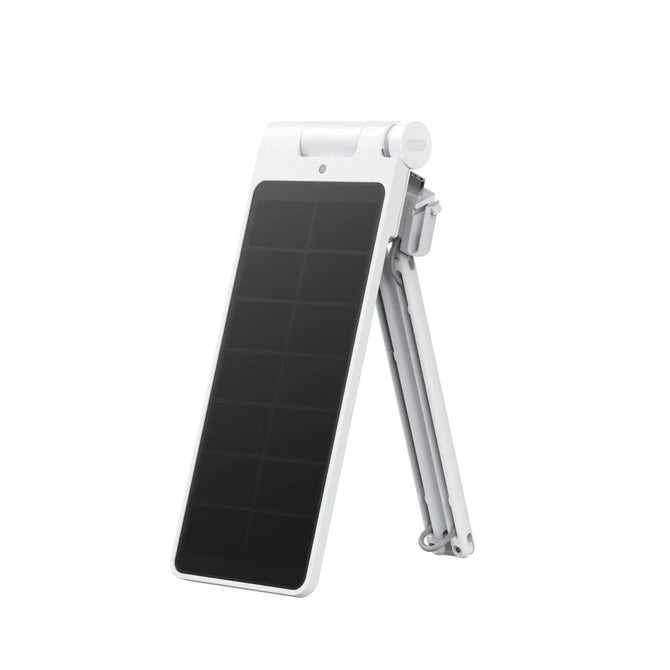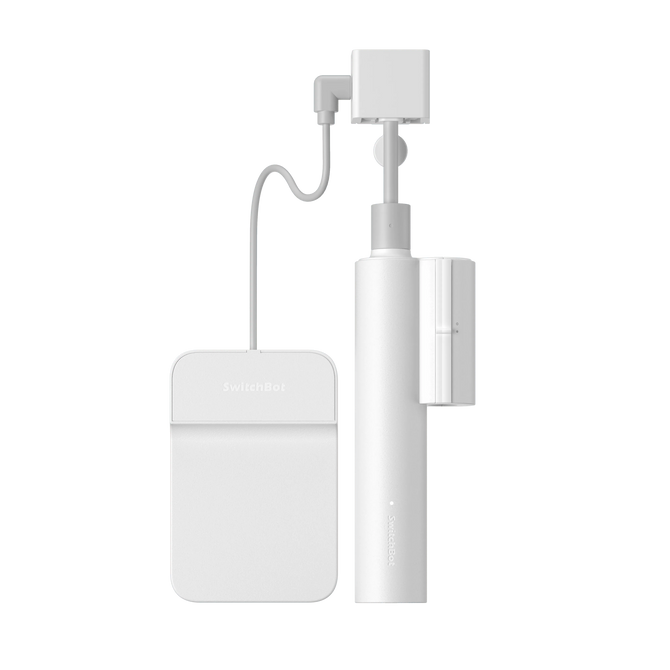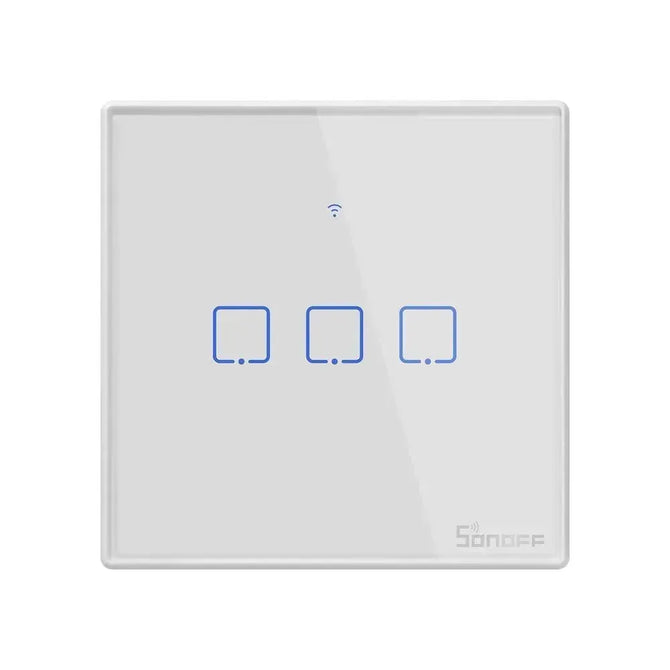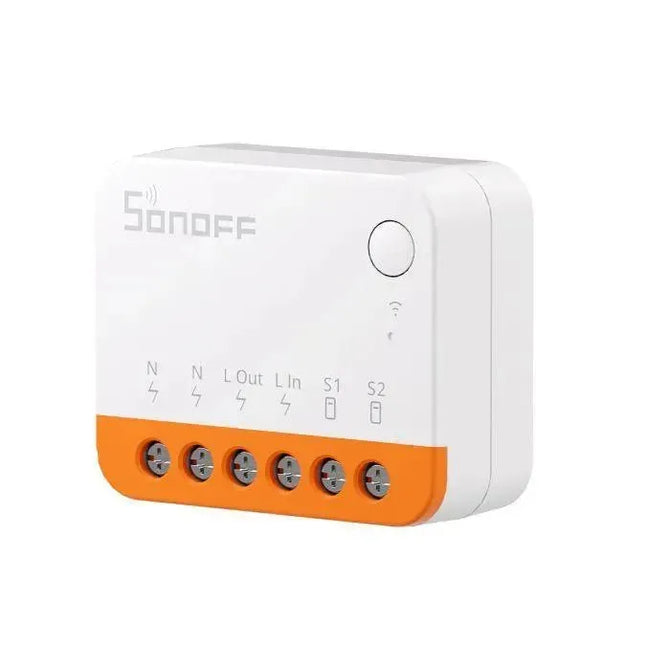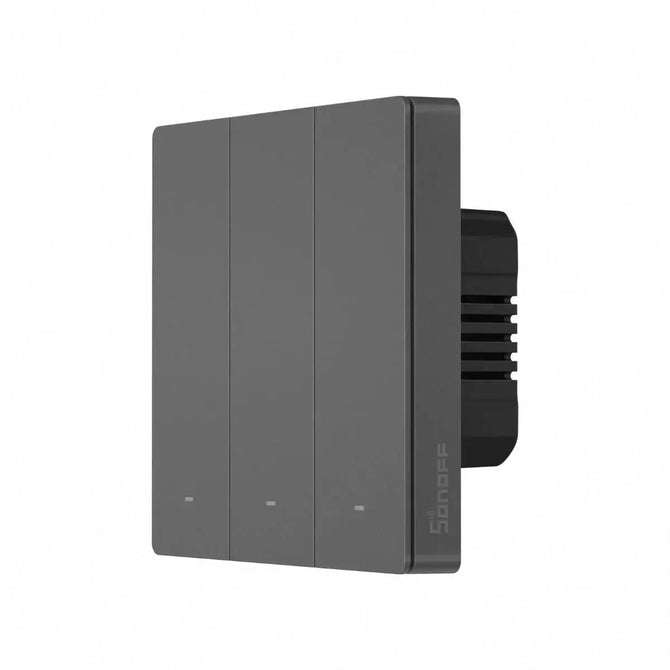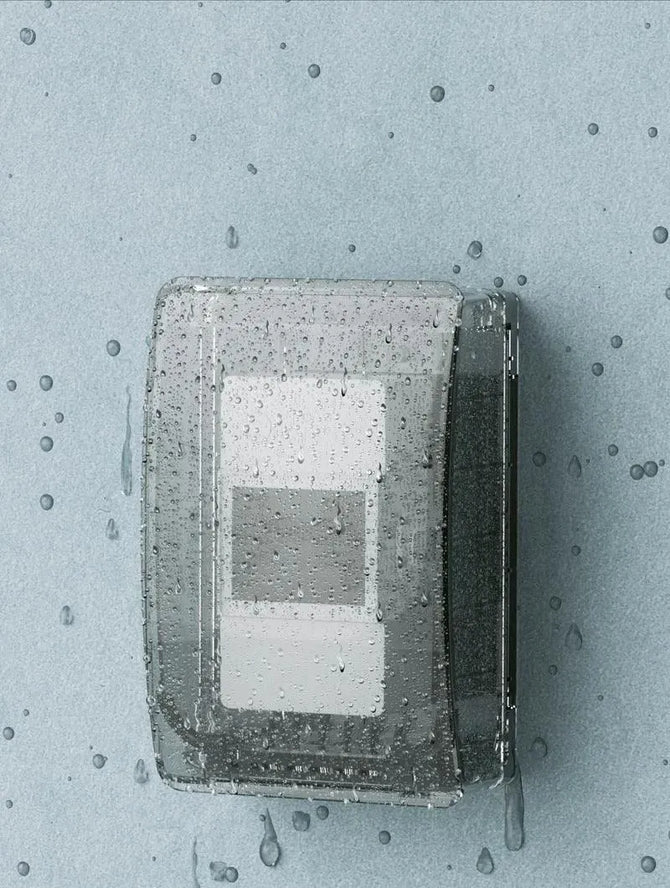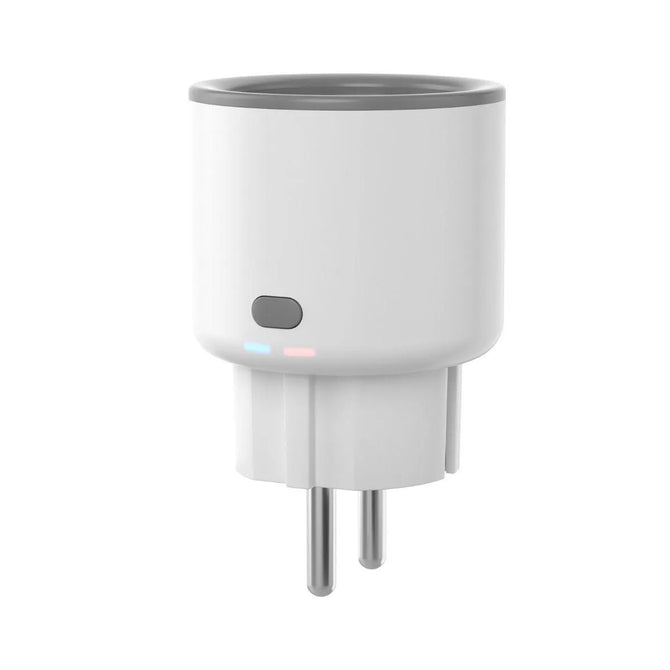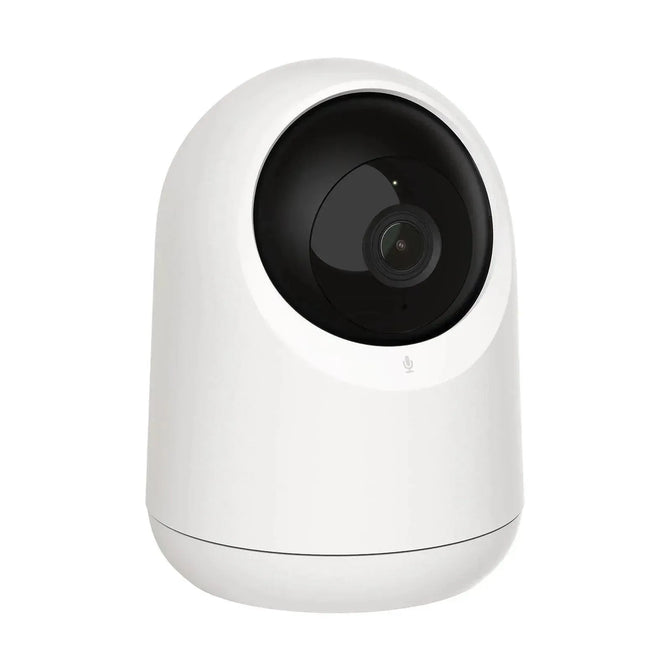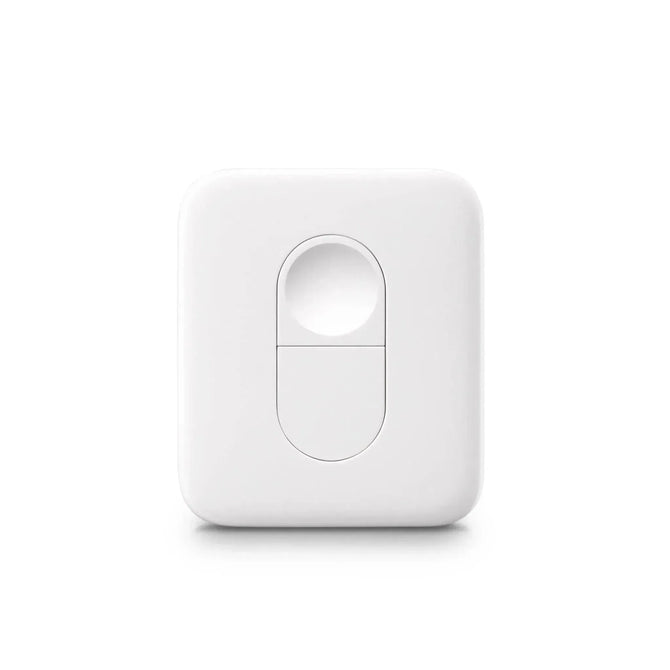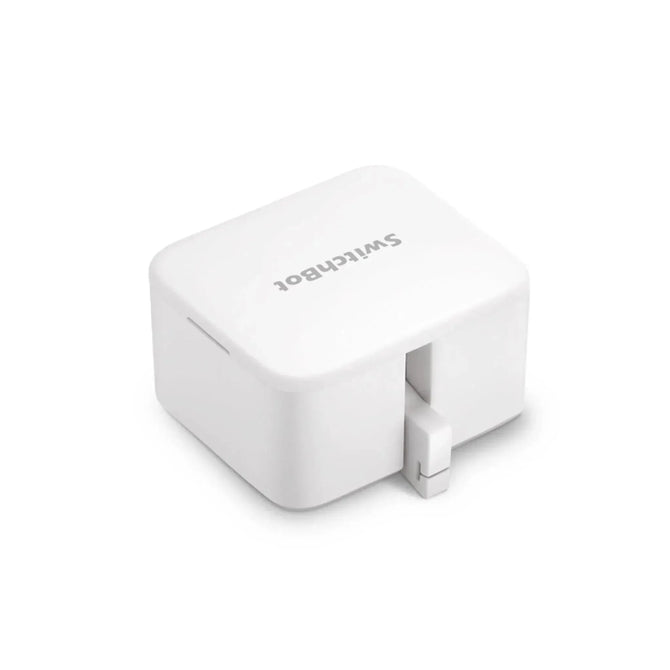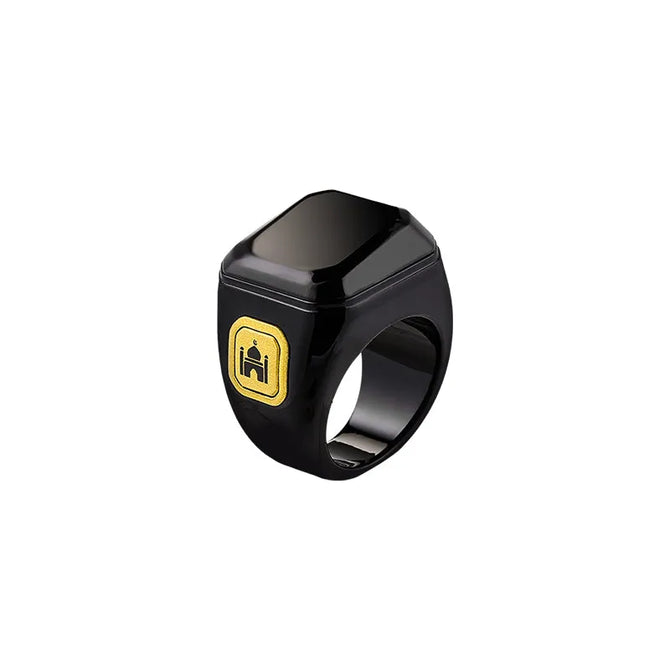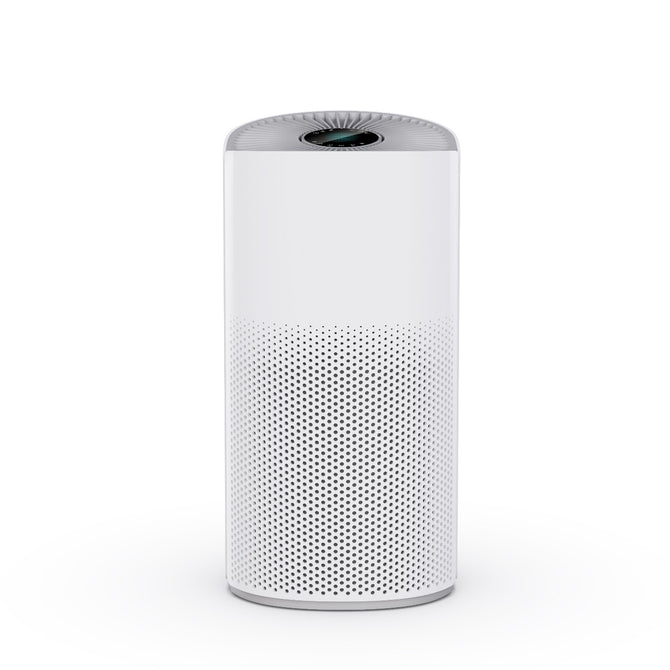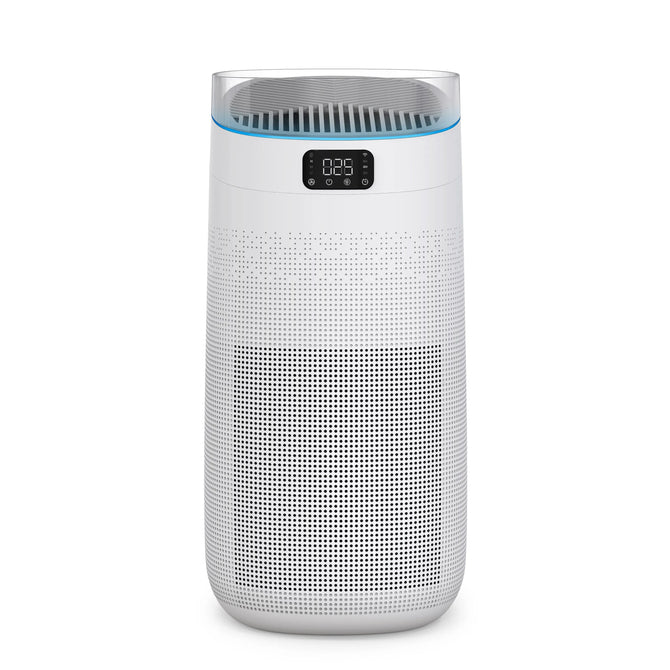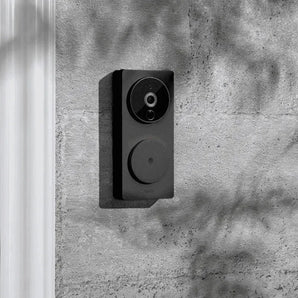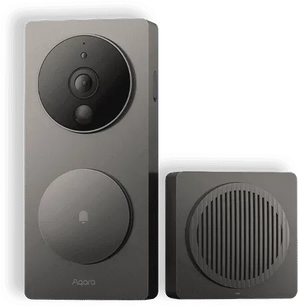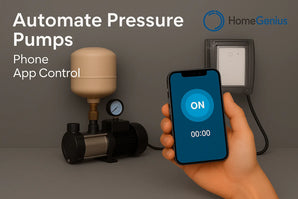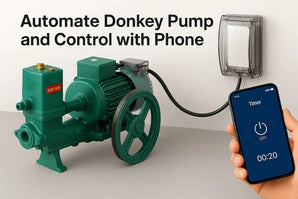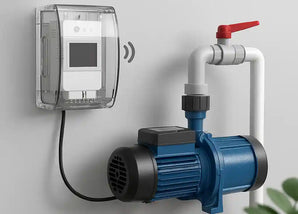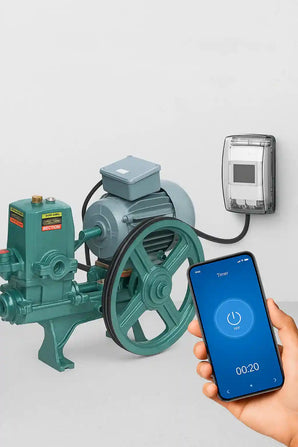Electricity prices in Pakistan are climbing to record highs, and solar net metering rates are declining year after year. For homeowners who once enjoyed monthly savings through exporting solar power, the landscape has drastically changed.
In 2025, the shift is clear: storing solar power using lithium-ion batteries has become not just smart—but essential.
⚡ Electricity Tariffs Continue to Climb
With the electricity cost per unit in Pakistan frequently adjusting based on fuel prices, inflation, and IMF conditions, monthly utility bills have become a major burden. In many areas, residents now pay Rs. 65–70/unit, depending on consumption slabs and time of use.
This spike in cost has made self-consumption of solar energy more valuable than selling it to the grid at reduced net metering buyback rates.
🔻 The Net Metering Problem
Previously, net metering allowed homeowners to offset their electricity bills by exporting excess solar power. However, government revisions have:
-
Reduced the buyback rate significantly
-
Imposed taxes and delays on net metering approvals
-
Lowered the financial incentive to export energy
Instead of earning Rs. 20–24/unit like before, many are now being paid only Rs. 10–12/unit, making solar energy exports less profitable than using it directly.
🔋 Why Lithium Batteries Are the Smarter Choice
Rather than sell cheap, store smart.
By integrating lithium-ion batteries with your solar setup, you can:
-
Use solar energy at night or during load shedding
-
Avoid peak-hour electricity tariffs
-
Become energy independent from the grid
-
Ensure backup during grid failures or blackouts
📊 Lithium Battery Price in Pakistan (2025)
The lithium battery price in Pakistan has dropped steadily in recent years thanks to increased demand and more local distribution. Here's what to expect:
| Battery Type | Approx. Price Range | Ideal For |
|---|---|---|
| 12V Lithium Battery (100Ah–200Ah) | PKR 60,000 – 180,000 | Small homes, backup only |
| 24V Lithium Battery | PKR 100,000 – 200,000 | Medium-sized homes, hybrid inverters |
| 48V Lithium-Ion Battery | PKR 200,000 – 400,000+ | Larger setups, high load appliances |
| Lithium Iron Phosphate (LiFePO₄) | +10% premium over regular lithium | Safer, longer-lasting options |
📌 Popular brands like BYD Battery and CATL are also gaining traction for their reliability and depth of discharge.
🔧 Why Choose Lithium Over Lead-Acid?
- 🔋 Longer Lifespan (Up to 10 years)
- 🔌 Faster Charging & Discharging
- 🛡️ Lower Maintenance
- 🔥 Better Safety (especially LiFePO₄)
- 💰 Greater Return on Investment
Unlike lead-acid batteries, lithium iron phosphate batteries are thermally stable, making them ideal for Pakistan’s hot climate and frequent usage cycles.
🏠 Real-World Savings with Lithium Storage
Consider this example:
A homeowner with a 5kW solar system + 10kWh lithium battery avoids consuming 20 units/day from the grid. At Rs. 45/unit, that’s a monthly savings of Rs. 27,000—or PKR 324,000 annually.
Over 5 years, that translates to over PKR 1.5 million saved, more than offsetting the cost of even a premium battery setup.
🛠️ Recommended Setup
For maximum performance:
- 5kW+ solar panels
- Hybrid inverter (Goodwe, Solis, etc.)
- 48V Lithium Battery (10–15kWh)
- LiFePO₄ for safety + long life
This setup ensures net-zero consumption, even during load shedding or peak hours.
💡 Final Thoughts: Store to Save
With net metering incentives falling and electricity unit prices rising, the future of energy in Pakistan lies in smart storage.
Choosing a lithium-ion battery—especially a lithium iron phosphate battery—is no longer just about backup. It's a long-term strategy for energy savings, independence, and sustainability.
Ready to take control of your energy?
Explore our selection of lithium solar batteries today and invest in your energy freedom.

